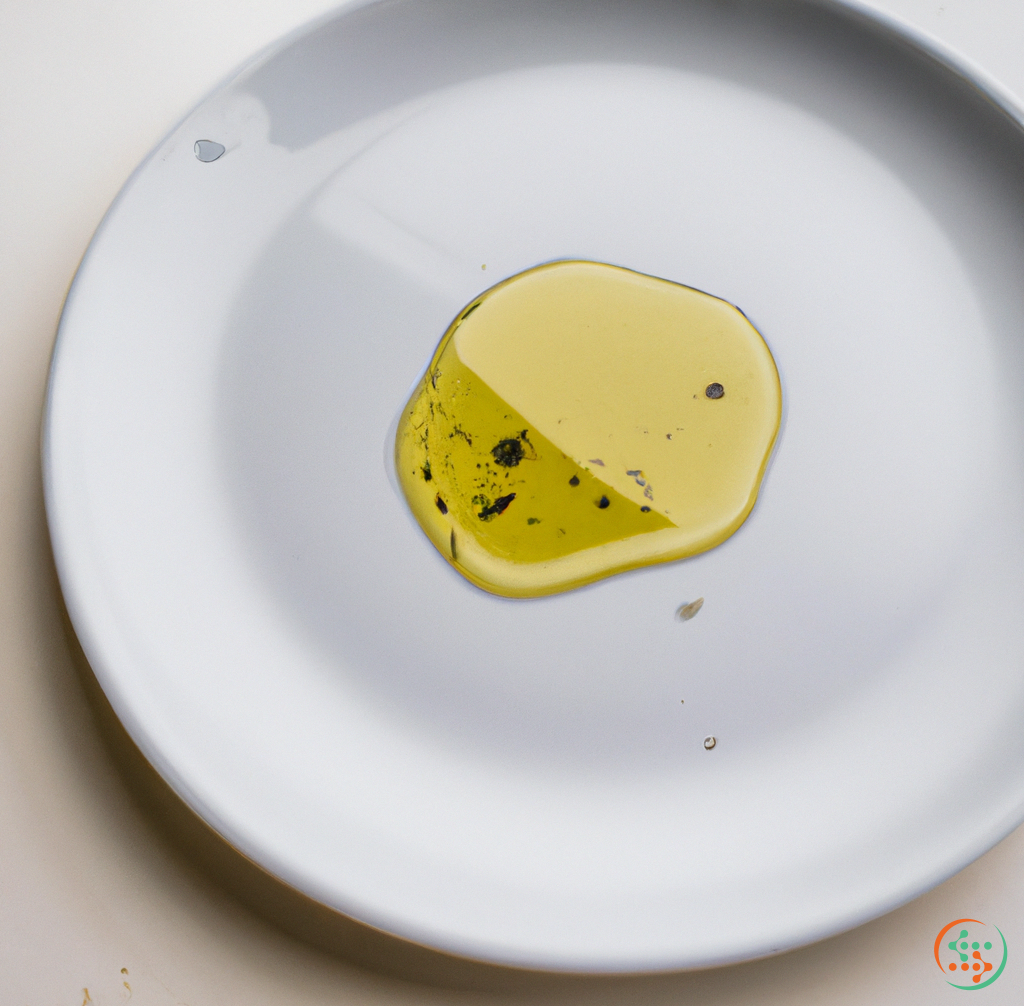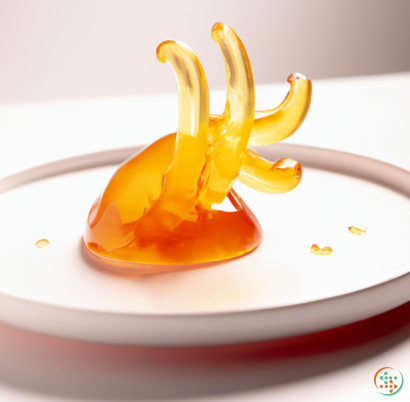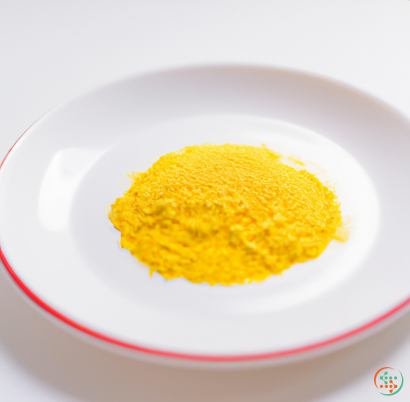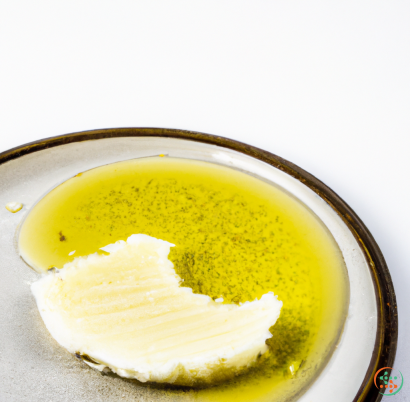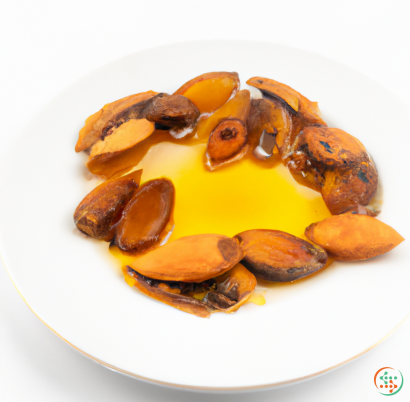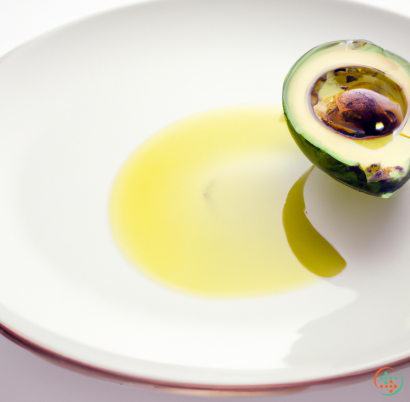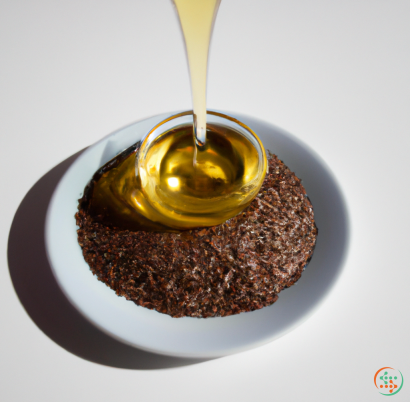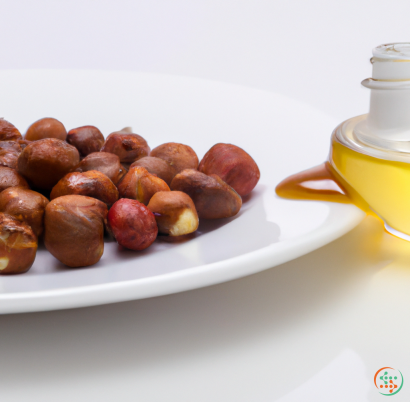Olive Oil
When people think of olive oil, many things come to mind; like cooking, health benefits, and perhaps just the Mediterranean diet in general. Olive oil is, in fact, a key component of the Mediterranean diet, but it’s much more than that. Olive oil has been around for thousands of years, and it’s full of vitamins, minerals, and other healthy components that have been studied and documented extensively. To get a better understanding of what olive oil is, let’s dive deeper into its history, production, benefits, types, and other information.
History
Olive oil is produced from pressed olives and has been around for thousands of years. Olives were first cultivated in the south-eastern part of the Mediterranean region at least 8,000 years ago, making olive oil one of the world’s oldest processed foods. Through the ages, olive oil has had multiple uses. As early as 3,000 BC, olive oil was being used as a base for medicines, cosmetics, food, and as part of religious ceremonies. Through its long history, olive oil has maintained its presence as a cornerstone of Mediterranean cuisine as well as health and beauty uses.
Production
In terms of production, olives used to make olive oil still follow age-old production methods. This is why it is sometimes known as “cold-pressed” or “extra virgin” olive oil: because the olives are pressed gently to keep them as intact as possible in order to preserve their natural oils and flavour.
In terms of the actual process, olives are first harvested and then cleaned to get rid of dirt, leaves, twigs, and stones. Then the olives are placed in a mill (with the pits removed) and crushed with a large granite wheel to break down the fruit and separate the juice from the pulp. The extracted juice is then placed into a large centrifuge to extract the oil from the other liquid components.
Finally, the extracted olive oil is collected, bottled, and made available for sale. Depending on the olives used and how the oil is processed, the colour, flavour, and quality of the oil can vary significantly.
Benefits
Olive oil is probably best known for its wide range of health benefits. It is rich in monounsaturated fatty acids and antioxidants like Vitamin E, which help improve blood lipid levels and reduce inflammation. These beneficial fats are believed to lower the risk of various chronic diseases, and regular consumption of olive oil can also help in maintaining a healthy weight.
It also contains some polyphenols, specifically oleuropein and hydroxytyrosol, which have antioxidant, anti-inflammatory, and anti-cancer properties. Other studies have shown that olive oil can reduce bad (LDL) cholesterol levels, lower blood pressure, and reduce the risk of developing type 2 diabetes.
Types
Although all olive oils come from the same source, their taste, colour, and smell can vary depending on the variety of olives used and how the oil was processed. Generally speaking, there are three main types of Olive oil: Extra-virgin, Virgin, and Refined.
Extra-virgin olive oil, also known as EVOO, is the highest quality olive oil that has not been exposed to high heat or chemicals during processing. It is also produced in low volumes and has a unique taste, colour, and smell, as a result of the use of select olives and the absence of chemical treatments.
Virgin olive oil is made of olives that have been cold-pressed and produced in slightly higher volumes. It has a less superior taste and smell than EVOO and has not been exposed to the same level of scrutiny during production.
Finally, Refined olive oil is the lowest-grade olive oil and has been exposed to higher temperatures and chemicals during production. It may also contain small amounts of extra-virgin and virgin olive oil, but it has been processed in a way that removes most of its flavour, colour, and smell.
Conclusion
Olive oil has been around for thousands of years and continues to be a cornerstone of the Mediterranean diet, as well as a key ingredient in many cosmetics and medicines. Not only is olive oil packed with vitamins, minerals, and healthy fats, but it has also been studied extensively and shown to have numerous health benefits. In terms of types, EVOO is the highest quality while Refined olive oil is the lowest. Keep these points in mind next time you’re shopping for olive oil!
Olive oil is a kitchen staple in many households. In fact, it is one of the most commonly used cooking oils, not just in Greece or Italy, but all around the world. In addition to its culinary versatility, olive oil also provides various health benefits. But, have you ever wondered how olive oil is actually produced? The process starts in the grove, and then travels to the bottling plant, before it eventually reaches the dinner table.
To understand the process of olive oil production, it helps to explain each stage in detail.
The First Step in Producing Olive Oil: Harvesting
The harvesting process for olives is essentially the same for both table olives as well as those intended for oil production. Olives are typically hand harvested from the tree when they are over-ripe and are at their optimum oil content. While there is nothing wrong with using mechanical methods of harvesting, hand picking ensures the most optimal results since it ensures that only the best quality fruits are selected.
Once harvested, the olives must be processed immediately to limit the oxidation of their oil content. If the olives are left for too long before being cold pressed, a negative effect on the flavor and quality of the oil can occur.
The next step is Milling
In the milling process, olives are crushed into a paste or consistently sized pieces called a pomace. This is traditionally done using large granite stones, but today these are usually replaced by modern machinery such as hammer mills or grinders. The aim is to break down the olives so that their oil is easily released. It also helps to reduce the amount of oxygen in the resulting paste which prevents the fat from oxidizing.
Following the milling process, the paste is malaxated. This is a mixing process which helps further break down the cells of the fruit and let the oil be released. This can be done by hand or again through modern machinery.
Then the Cold Pressing Occurs
After malaxation, the paste needs to be pressed to extract the oil. This process is usually done with cold presses, sometimes referred to as "expeller-pressed". It is also what sets apart extra virgin olive oil from other types of olive oil as this process only has heat as a by-product and does not involve any chemical solvents. The paste is fed into a press and the pressure created by the machine's spinning barrel extracts the oil in liquid form. This liquid is now a mixture of oil and water which must be further refined.
After that the Olive Oil Is Refined
Refining involves subjecting the mixture to centrifugation and filtering to separate the oil from the water and any impurities. The oil is typically heated to 180°F (82°C) in order to expedite the process and then put back through the same process to get rid of any remaining water.
Depending on the required quality of the oil, an additional stage of polishing may be necessary. This is said to be the final step in refining the oil as it removes any remaining impurities. Polishing can either be done with clay, activated carbon, or filters.
The Process is Finally Completed by Bottling and Labeling
Once the olive oil has been refined and polished, it is ready to be bottled and labeled. Bottling is usually done with stainless steel or food grade plastic containers. Labeling is done with paper labels stating the brand, the varietal, the grade of oil, and the date of production or expiry, depending on the region.
Olive oil is finally ready to be shipped to the markets and shops and eventually become part of our dinner plates. Along the way, there are many steps from harvesting the olives in the grove to refining and labeling the oil. It is only after the olives undergo cold pressing, refining, and bottling, that the product is finally ready for consumption.
In conclusion, given that the production and refining process of olive oil is carried out with the utmost care, a bottle of premium extra virgin olive oil should contain a lot of flavor, color, and nutrients that are beneficial for human health. So, if you’re looking for a more healthful cooking oil, don’t forget to reach for olive oil.
| Vitamin E | 0.01435 grams | |
| Vitamin K | 0.0602 mg | |
| Vitamin B4 | 0.3 mg |
| Calcium | 0.001 grams |
Daily Value 1.3 g
|
| Iron | 0.56 mg |
Daily Value 0.018 g
|
| Potassium | 0.001 grams |
Daily Value 4.7 g
|
| Sodium | 0.002 grams |
Daily Value 2.3 g
|
| Total Sugars | 0 ug |
per 100g
|
| Palmitic acid (16:0) | 11.29 grams |
|
| Stearic acid (18:0) | 1.95 grams |
|
| Arachidic acid (20:0) | 0.41 grams |
|
| Behenic acid (22:0) | 0.13 grams |
|
| Total Saturated fatty acids: | 13.78 g | |
| Oleic acid (18:1) | 71.27 grams |
|
| Palmitoleic acid (16:1) | 1.26 grams |
|
| Gadoleic acid (20:1) | 0.31 grams |
|
| Total Monounsaturated fatty acids: | 72.84 g | |
| Linolenic acid (18:3) | 0.76 grams |
|
| Linoleic acid (18:2) | 9.76 grams |
|
| Total Polyunsaturated fatty acids: | 10.52 g | |
| Phytosterols | 0.22 grams |
|
| Total Sterols: | 0.22 g | |
